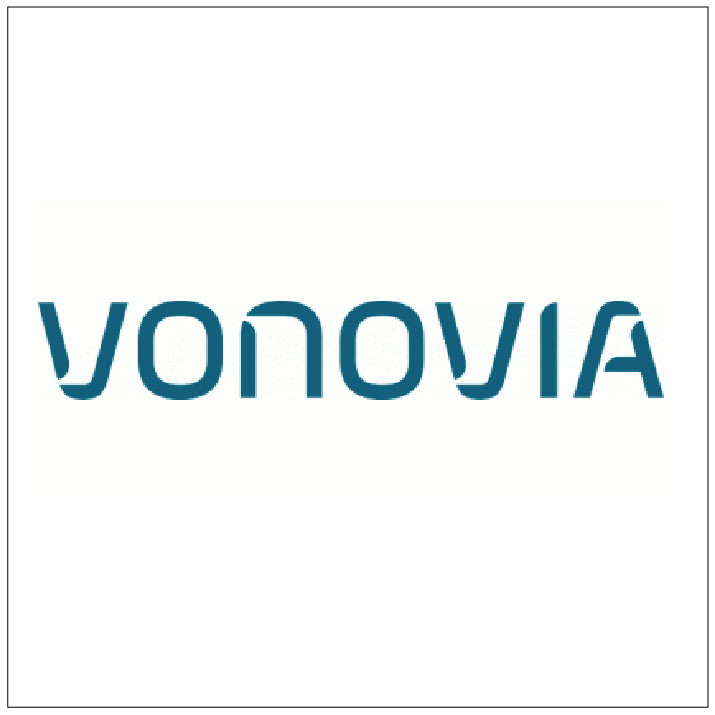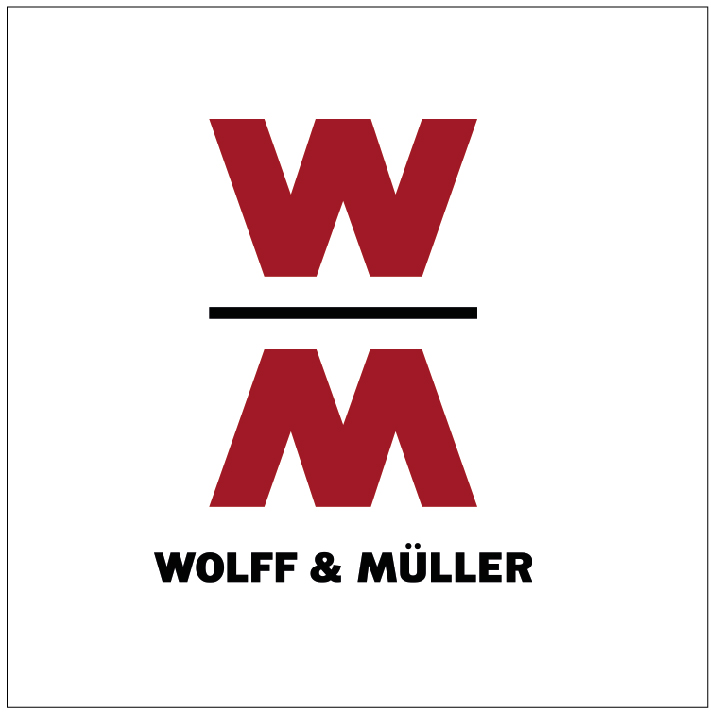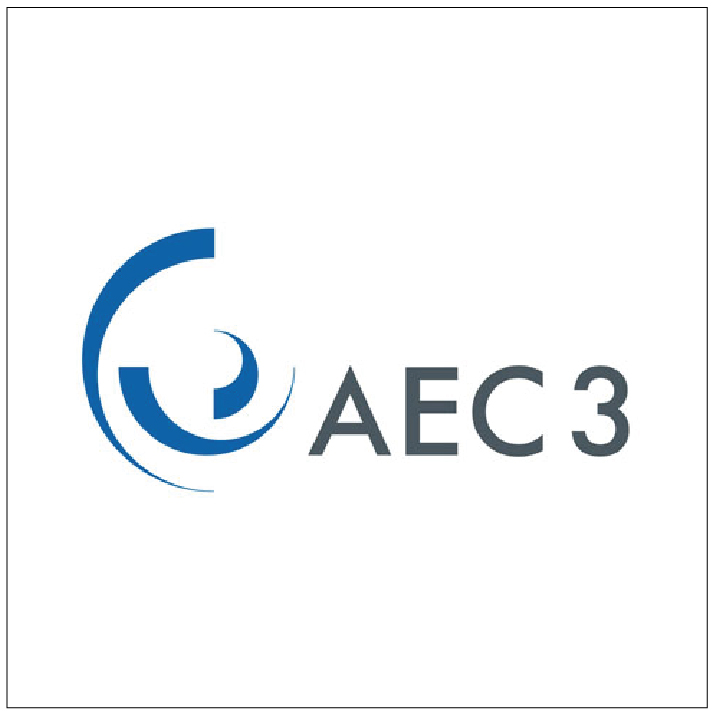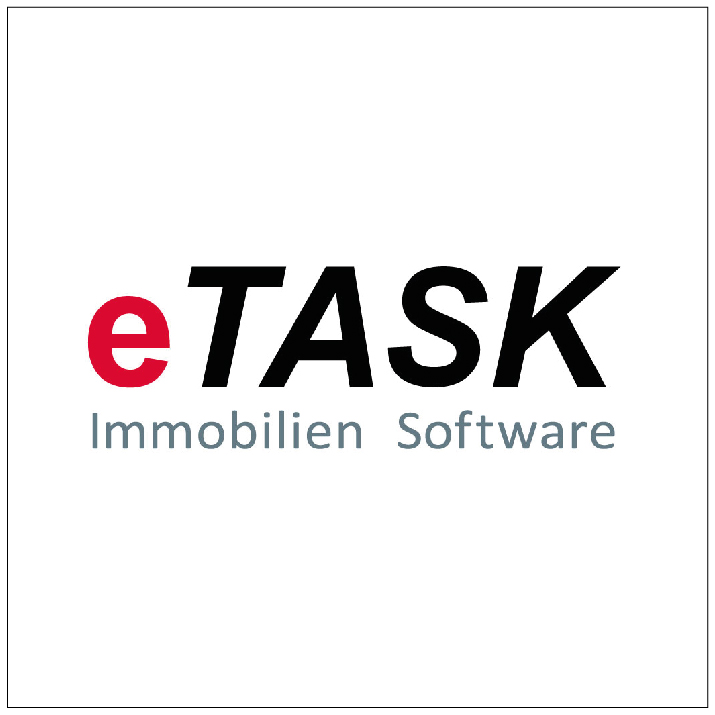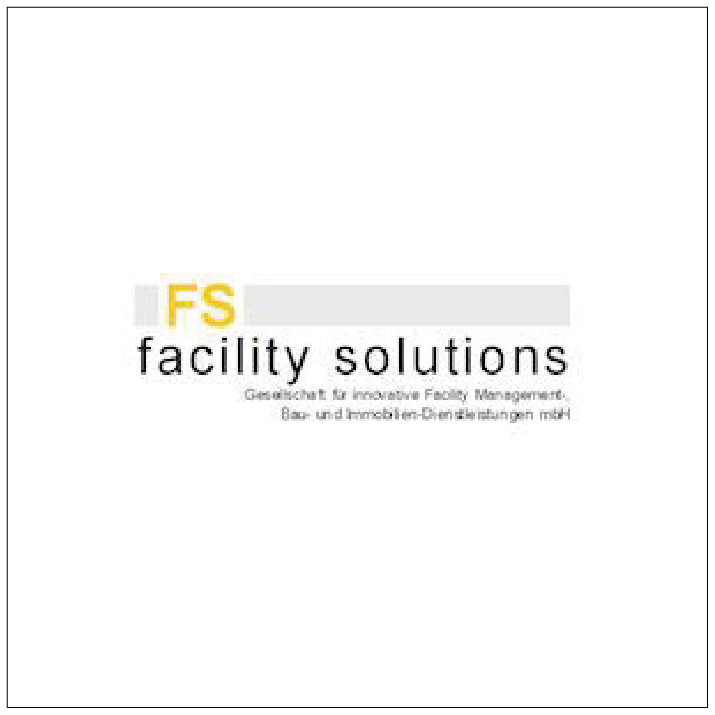Detailed development of BIM-based processes for the operation of buildings for integration into a cross-life cycle process chain
Funding provider: Federal Institute for Research on Building, Urban Affairs and Spatial Development (BBSR) as part of the Zukunft Bau research initiative
Project duration: 09/17 to 09/19
With an average building service life of 50 years, the operating phase accounts for around 45 years. In terms of the management costs of a real estate life cycle, this corresponds to around 80 % of the total costs. In this context, considerable optimization potential is seen in this phase through the use of the BIM method. In order for the BIM method to become fully established in the German construction and real estate industry, the development of standards in the digital process of the operating phase of a property is essential.
Building on the existing research results of the project "Development of an ideal-typical target process chain for the application of the BIM method in the life cycle of buildings" and the associated BIM process, this research project will analyze the operation phase in greater depth and update the existing information process that answers the question: "Who needs what information from whom, when and for what". For the analysis, it is crucial to examine from different perspectives of those involved in the operation of a property what benefits arise from the application of the BIM method (BIM objective) and who must provide which information to whom and with what level of detail so that information is available in line with the process. This correlates strongly with existing responsibilities of operator responsibility and the requirements of real estate portfolio management.
To this end, standards for the digitalization of process chains using the BIM method are being developed together with experts within various work packages analogous to the process phases of the operating phase in order to create qualified building documentation in the form of a digital building data model, update it throughout the entire life cycle, generate specific partial documentation for individual processes and participants and evaluate it to meet operationally relevant objectives. The results will provide all those involved with an overview of the processes in building management and transparently show the respective responsibilities with regard to the provision and processing of information.
The research project is divided into the following work packages (WP):
WP 1) Carrying out an in-depth analysis of the existing actual processes with regard to the information and documentation flow, level of detail and responsibilities (literature research, expert interviews, workshops)
WP 2) Definition and modeling of the in-depth actual processes, responsibility wedges and information flow
WP 3) Development of a detailed BIM target process chain by analyzing who needs what information when and with what level of detail to carry out which process and who can provide the information when in a building data model
WP 4) Development of a concept for connecting the CAFM systems to the building data model
If necessary, the workshops will be supplemented by interviews with individual practitioners. In addition, the results of external initiatives or projects that cover parts of the process chain will be integrated at the appropriate points. The continuous publication of interim and final results in specialist media and public presentations will ensure the transparency and dissemination of research.
Practice partner


